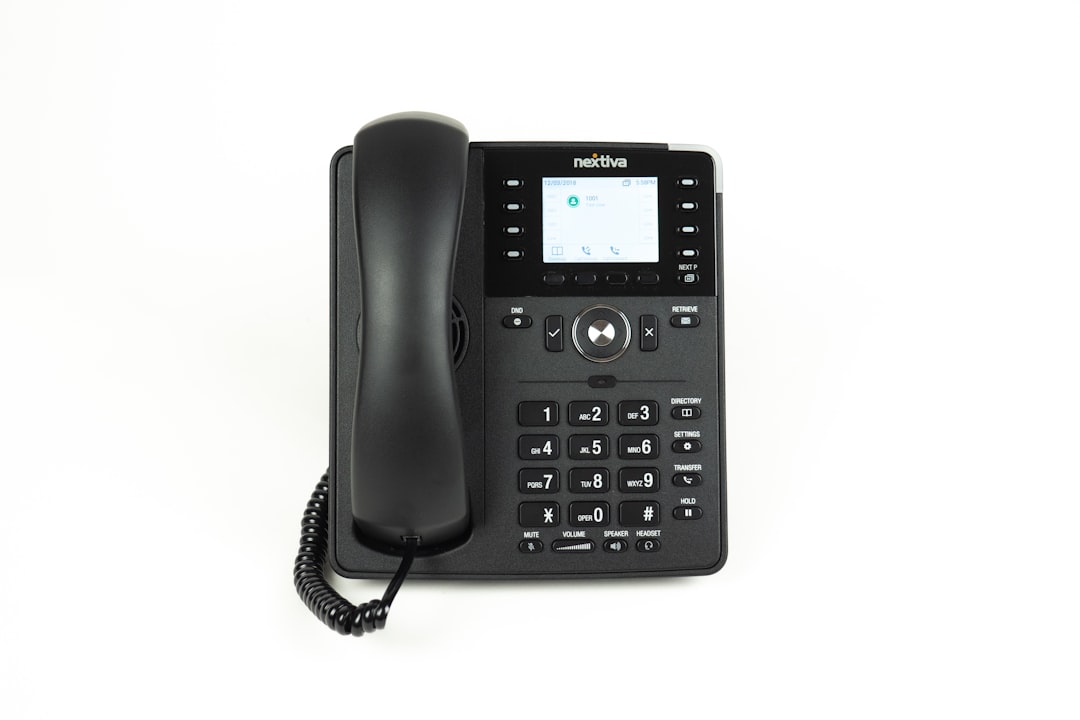Robocalls, while useful for businesses, have raised global privacy concerns. Utah stands out with stringent regulations aimed at protecting consumers from unwanted automated calls. Robocall attorneys in Utah assist businesses in navigating local and international guidelines, ensuring compliance and avoiding legal risks. They balance consumer protection with business needs by adhering to Global Telemarketing Association (GTA) standards and U.S. laws, fostering trust in marketing efforts. Understanding the differences between Utah's regulations and global norms is crucial for companies expanding internationally.
“Robocalls, automated phone calls designed to reach a wide audience, have become a ubiquitous yet often unwanted aspect of modern communication. While Utah has implemented specific regulations to combat disturbing robocalls, international standards offer a broader perspective on managing automated telemarketing calls. This article explores these contrasting approaches, focusing on the impact on businesses and robocall attorneys in Utah. By comparing legal frameworks, we uncover the pros and cons of each strategy, shedding light on the global efforts to tame this pervasive communication trend.”
Understanding Robocalls and Their Impact: A Global Perspective

Robocalls, automated phone calls that deliver prerecorded messages, have become a ubiquitous part of modern communication, both domestically and globally. While they offer businesses an efficient marketing tool, their prevalence has also sparked significant concern among consumers worldwide. The sheer volume of robocalls can lead to frustration, invasion of privacy, and even financial losses for individuals. This global phenomenon has prompted various countries to implement regulations aimed at mitigating the negative impact of automated calls, ensuring consumer protection, and promoting fair business practices.
From a global perspective, understanding the impact of robocalls necessitates appreciating the diverse regulatory landscapes worldwide. Some nations have taken more stringent measures, such as outright bans on all but essential robocalls or implementing strict do-not-call lists. Others have opted for a more nuanced approach, focusing on transparency and user consent. International standards, often set by global bodies like the International Telecommunication Union (ITU), provide a framework for navigating this complex issue. Robocall attorneys in Utah, well-versed in both local laws and international guidelines, play a crucial role in helping businesses navigate these regulations, ensuring compliance, and mitigating legal risks associated with automated calling practices.
Utah's Approach to Regulating Robocalls

In Utah, the approach to regulating robocalls is unique and stringent, making it an interesting case study for robocall attorneys across the country. The state has implemented strict laws aimed at curbing unwanted automated calls, particularly those made without consent. Utah’s regulations focus on empowering consumers by providing them with tools to block and report robocalls effectively. One notable aspect of their strategy is the establishment of a robust do-not-call list, which is actively maintained and updated to ensure compliance.
Robocall attorneys in Utah often find themselves at the forefront of this battle, advising clients on navigating these complex regulations. They play a crucial role in helping businesses understand when and how to make automated calls while respecting consumer privacy. The state’s stringent approach has led to innovative solutions, such as advanced call screening technologies, that benefit both businesses aiming to comply and consumers seeking relief from intrusive robocalls.
International Standards for Automated Telemarketing Calls

In the global landscape of communication, automated telemarketing calls, or robocalls, have become a ubiquitous yet controversial phenomenon. International standards for these automated calls are designed to balance consumer protection with legitimate business practices. Key players like the Global Telemarketing Association (GTA) and regional bodies have established guidelines aimed at mitigating nuisance calls while allowing essential marketing efforts. These standards often focus on do-not-call registries, consent mechanisms, and call identification requirements.
For instance, many countries adopt a ‘opt-in’ model where consumers explicitly give permission for automated calls. Robocall attorneys in Utah and elsewhere advocate for stringent compliance with these international standards to protect consumers. Understanding and adhering to these global norms not only help businesses avoid legal repercussions but also foster trust among customers, ensuring that marketing efforts are perceived as welcomed rather than intrusive.
Comparing Legal Frameworks: Pros and Cons of Each

When comparing Utah’s robocall regulations to international standards, one key aspect is the legal framework each employs. The United States, including Utah, has specific laws and guidelines for automated calls, primarily focused on consumer protection. These rules are often more stringent than global norms, offering robust safeguards for citizens, especially regarding privacy and consent. Robocall attorneys in Utah play a vital role in navigating these intricate regulations, ensuring businesses comply while protecting consumers from intrusive or deceptive practices.
International standards, on the other hand, present a more uniform approach, aiming to balance consumer rights with business freedoms. While they provide clarity for cross-border communications, they may not offer the same level of protection as US state laws. International regulations are also subject to varying interpretations and enforcement across countries, creating potential challenges for global businesses targeting diverse markets. As such, understanding these differences is crucial for companies seeking to expand their reach while adhering to legal requirements.
Implications for Robocall Attorneys in Utah

For robocall attorneys in Utah, navigating the state’s unique regulations presents both challenges and opportunities. The stringent rules aimed at curbing unwanted automated calls require legal professionals to stay ahead of the curve. This includes mastering the nuances of consent, opt-out mechanisms, and record-keeping, as non-compliance can result in severe penalties.
Robocall attorneys must adapt their strategies to align with Utah’s strict standards while ensuring they protect their clients’ interests. International benchmarks, though informative, often differ significantly from state-specific regulations. Staying informed about these variations enables lawyers to offer tailored advice, helping businesses and individuals alike find legal solutions within the evolving landscape of robocall legislation in Utah.






